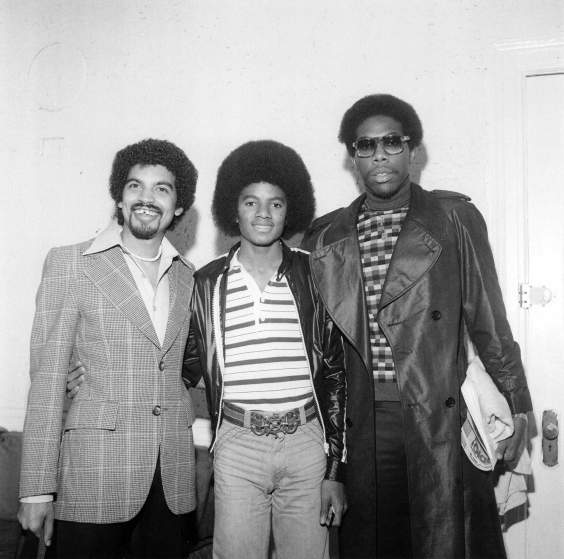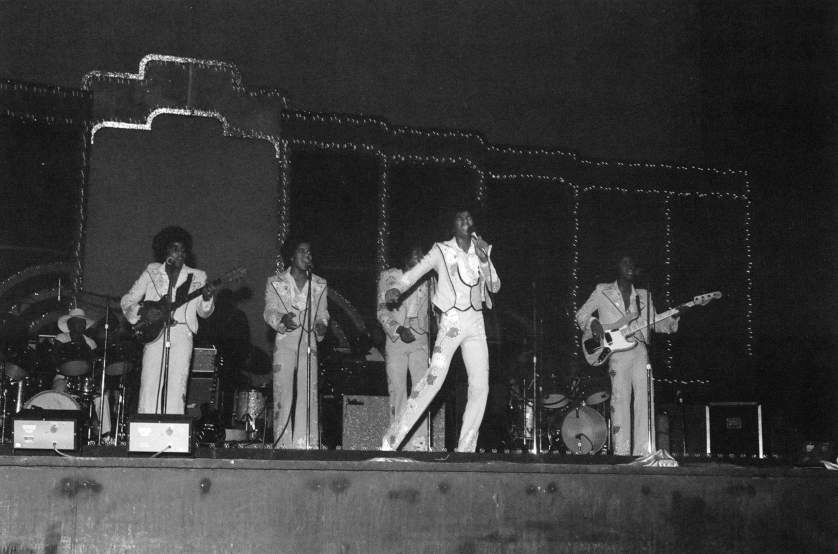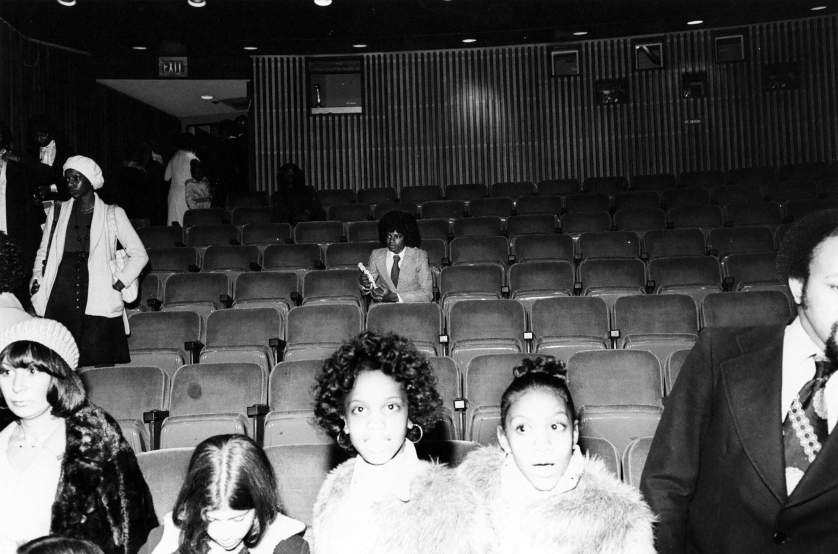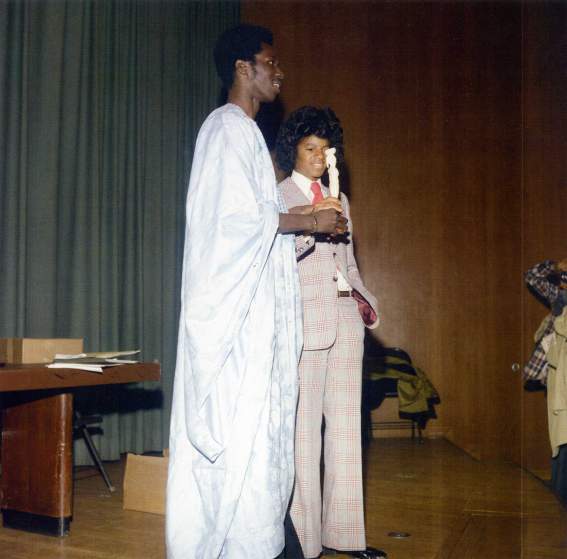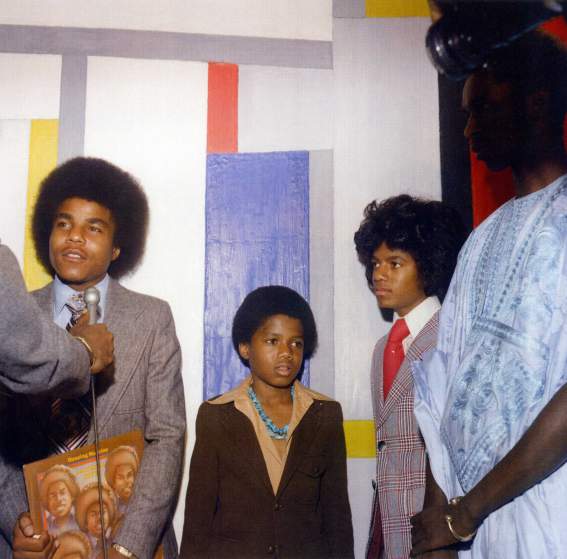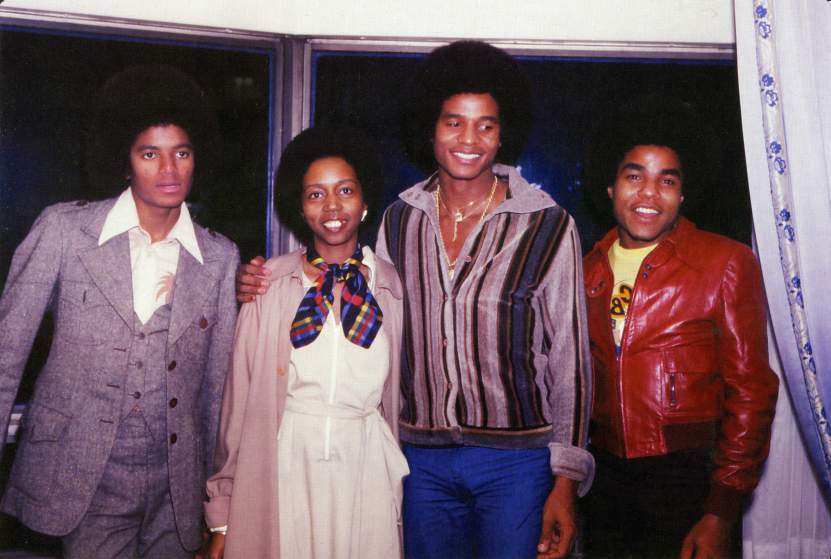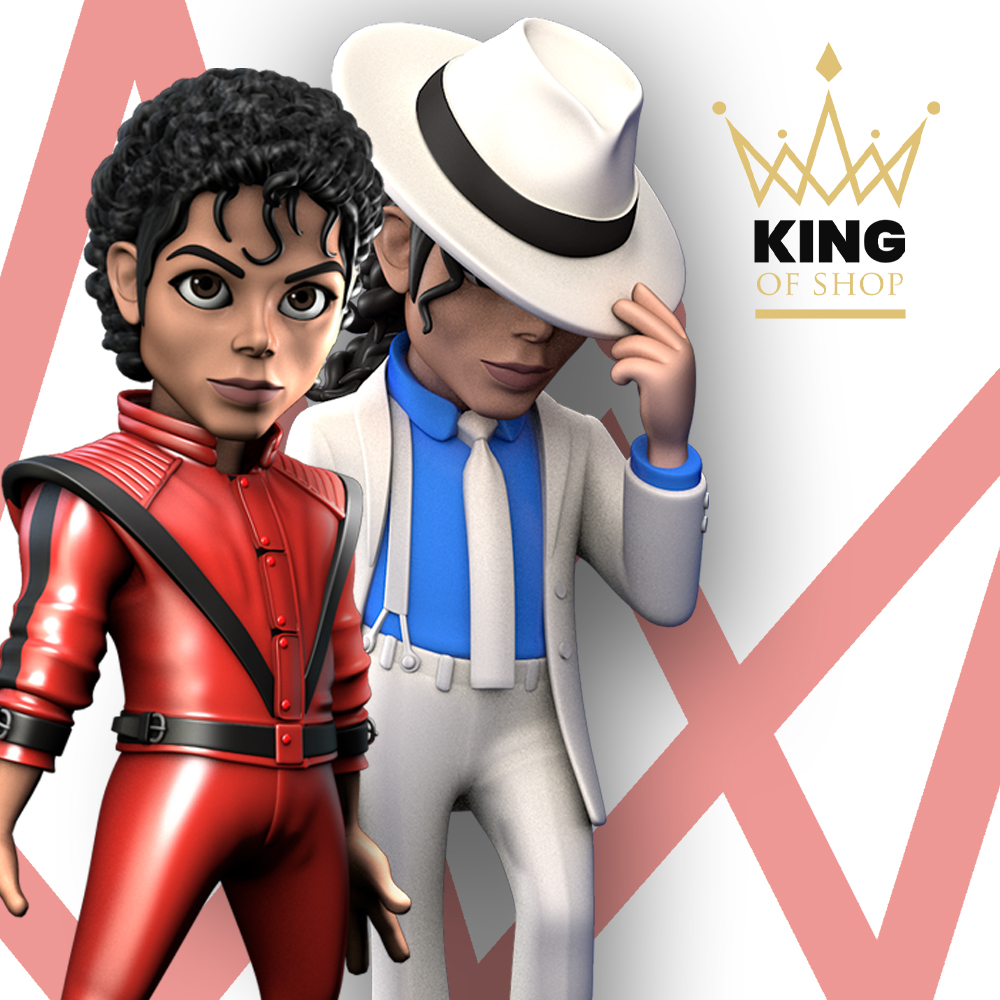“Even the Jacksons have never seen these photos”
“There are a lot of pictures I never published because they’re for me, [they’re] something personal, something I’m attached to,” Alix Dejean tells TIME.
The Haitian-born photographer, who has been a fixture in New York City’s music scene for more decades than he wants you to know, began photographing the Jackson family in the mid-1970s, at a time when the Jacksonmania was in full swing and when Michael Jackson was starting his solo career. Dejean, who was already well-known for photographing the likes of Stevie Wonder and Aretha Franklin, swiftly developed a relationship with the Jackson family after being introduced to Michael by Mamadou Johnny Sekka, director of Jackson 5 in Africa, at the film’s premiere.
At that time, record labels hired Dejean to shoot the rockstars, but he cherished the moments in between, when he looked for the raw emotions – Michael quietly anticipating a show in his dressing room, an excited glance from Rebbie while her microphone is being fixed, the intense stare of Joe Jackson caught off guard — because nobody catches Joe Jackson off guard.
Dejean was closer to Michael than any of the other Jacksons, he says, which allowed him the unique opportunity to capture a subtle, human view of the future King of Pop during his formative years. “I had a lot of admiration for Michael,” Dejean says, “I loved him.”

Dejean has self-published more than 40 photographic anthologies with pictures of James Brown, Aretha Franklin, Barry White, Luther Vandross, Stevie Wonder, Elton John, and Al Sharpton, to name a few. His work, though little-known outside his sphere of influence, has become “an archive of black history in America,” he says, including “musicians, politicians, famous and infamous.”
As the music scene evolved, Dejean rode its current, photographing Jay Z and Diddy (back when he was Puffy). But now, he’s moving on. “[Photographing] superstars is a boring life,” he says, “[I] leave them for the new generation of photographers.” Instead, Dejean has immersed himself in the Harlem club scene, glorifying everyday people as he once did Michael and cherishing the excitement that still resides in that neighborhood.
Although he is extremely critical of young photographers — who, he says, let the computer take the picture — Dejean has developed an unlikely bond with Nathan Bajar, an emerging documentary photographer. The two met while Bajar was working at a color printing studio in New York City. Bajar is now helping Dejean promote his new book, Jackson: The Dynasty, while the more experienced photographer passes down his wisdom.
Rather than high-profile celebrities, Bajar’s work focuses on capturing intimate moments of Dejean’s elusive life. “Nobody takes my picture,” Dejean says. “But with him I’m relaxed. I feel [that I can be] behind the camera and in front.”
SOURCE: TIME




